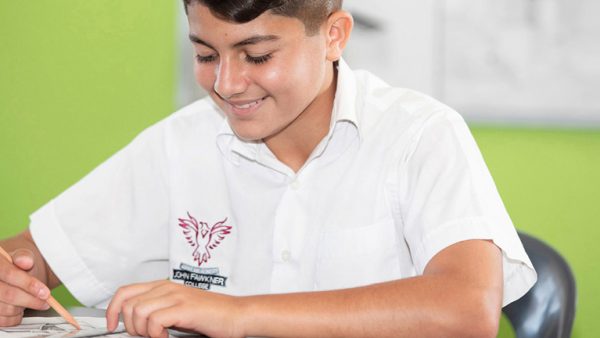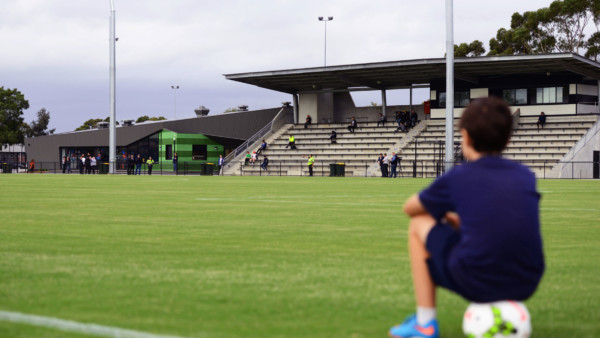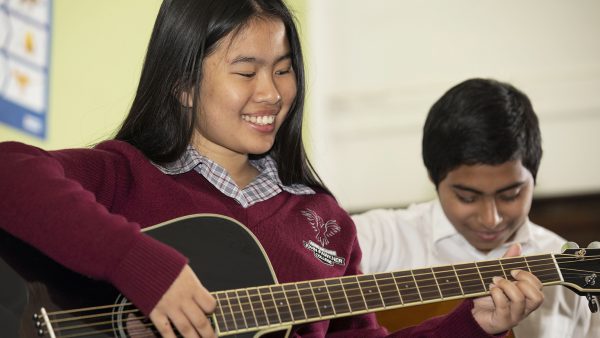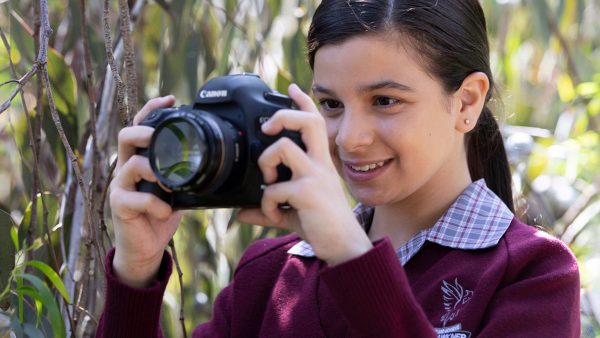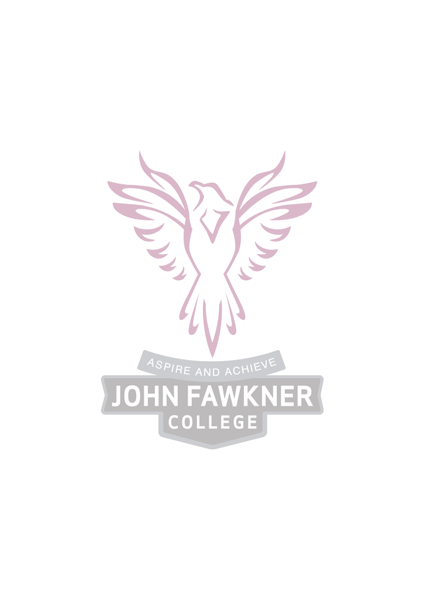Learning
At John Fawkner College we want all teachers to deliver their specific curriculum knowledge in such a way that all students will routinely recognise the style of delivery, based on ‘best practice’ research relating to the most effective ways that students learn.
Our Positive Learning Framework is designed to support teachers in the delivery of high quality teaching and learning practices which ultimately aim to improve the students’ ability to learn and understand the material that they are being taught.
The Positive Learning Framework is a powerful set of guidelines relating to quality teacher practice and represents the ‘way we teach’ at John Fawkner College, in order for each student to reach their full potential.
The teaching and learning at John Fawkner College is designed to personalise learning for students and to meet their diverse academic, social and emotional needs. Based on our shared belief that all students can learn and develop their unique skills and talents, we will provide opportunities for each student to be challenged and succeed. We recognize that learning is a balance between knowledge acquisition and skill development, therefore we utilise the current curriculum standards and instructional model set by DET, to assist in the delivery of a viable teaching and learning program by all staff.
We do this through:
- maintaining a whole school focus on literacy and numeracy;
- designing curriculum which balances a strong foundation for learning with increasing levels of student choice;
- modelling the characteristics that successful learners demonstrate, and being explicit about our criteria for success;
- explicitly teaching the skills within creative and critical thinking, problem solving, communication and the use of Information technologies;
- creating a classroom environment which allows for whole class, independent and collaborative learning;
- setting high expectations for ourselves and our learners;
- supporting students to develop an awareness of themselves as positive and productive learners;
- providing programs that build on the strengths, target the weaknesses, and challenge the specific learning needs of our students;
- ensuring that learning is authentic and relevant to our learners;
- demonstrating the integral relationship between assessment and learning;
- sharing an appreciation of values, culture and beliefs;
- Building partnerships with a range of community groups.

